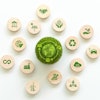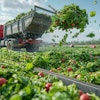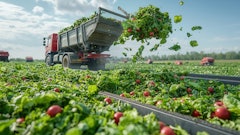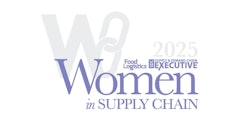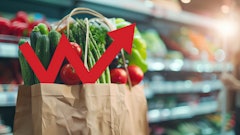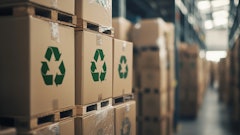Here's a very interesting article from the Website Dawn.com that talks about how Pakistan’s Environment Protection Agency (Pak-EPA) law regarding the use of non-degradable plastics in packages, in place since January 2013, has all but been "shirked" by the food and beverage industry in Pakistan.
According to the article, sources in the Climate Change Division (CCD) of the federal government told Dawn that the use of bio-degradable plastics had not progressed beyond the factories producing shopping bags. What worries them is the reluctance of the food industry to observe the ban.
Initially the application of the regulation was restricted to the manufacturing of shopping bags - and to Islamabad. Now the Pak-EPA is pushing for widening its application to the whole country. Last month, letters went out to different industries, including food companies, for using degradable plastic packaging.
Under the Prohibition of Non-degradable Plastic Products (manufacturing, sale and usage) Regulations 2013, degradable plastics were to replace all plastic items, shopping bags, bread bags and food including frozen food packaging, agricultural mulching films, woven plastic sacks used to pack potatoes and onions, as well as milk and water packaging to mention some.
The fact that no study has been conducted in Pakistan to know precisely how the gases and residues released from a decomposing bio-degradable plastic impacts on the environment, food items and human health, helps the companies to show reluctance.
“That is because the Pak-EPA does not have the mechanism to study the impacts of bio-degradable plastics when dumped into the environment,” said a CCD official.
Indeed some environmental experts in the CCD believe that the regulation prohibiting non-degradable plastic was issued in haste, but the concept behind it was to deal with the social problem of littering.
“We do not know how the ingredients of the degradable plastics react with packaged food. The ingredients could reduce shelf-life of food items,” said a representative of Nestlé explaining why degradable plastics are not gaining favor in the food industry.
A senior member of another multinational company, Unilever, however agreed that leachate from the degradable plastic could contaminate food products. Degradable plastic bags are made from salts of manganese and ferrous metals.
To read more, click HERE.


